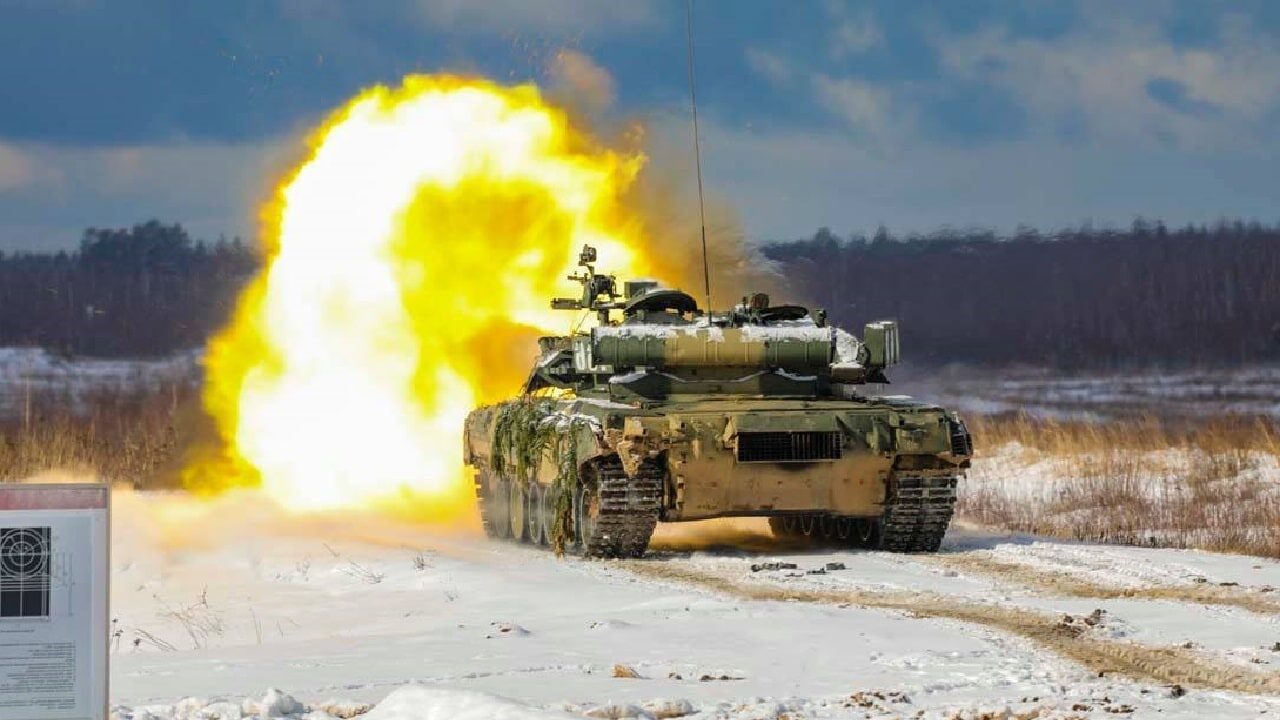For the first time since the war began, a battlefield stalemate in Ukraine seems like the most likely outcome. The British government recently claimed that the Russian offensive is ‘stalled on all fronts.’ Russia is now rumored to be approaching China for assistance. It has also recruited mercenaries from Chechnya and Syria. Experts are starting to suggest that Russia can no longer win the war with anything like its original goals. There is now anxiety that Putin might make an even larger gamble in desperation by using a weapon of mass destruction to break the battlefield impasse.
Putin has hinted that even he realizes this growing likelihood in his recent willingness to negotiate with Ukraine. Just two weeks ago, he would not have agreed to talks. But now, Russia is mired in the mud, and if it does not take Ukraine’s embattled cities soon, it may not be able to take them at all. Putin now needs that ‘off-ramp’ from the war.
In a few weeks, the sanctions will start to really hit. The Russian economy’s ability to support the war will contract, and rising domestic privation will encourage protest at home. Battlefield casualties will drive further protest, and losses will eventually cripple Russia’s ability to prosecute the war. At the same time, the West is flooding Ukraine with cheap, easy-to-use anti-armor and anti-air rocketry. If Ukraine can hold out till April – particularly, if it can retain its capital city – stalemate is the likely outcome. Indeed, at some point in the summer, the Ukrainians might actually start pushing the Russians back.
If Russia actually begins to lose the war in the next month, three new questions will arise:
Will Ukraine Strike Russian Territory?
The urge to do this will be tremendous. Russia has been tearing at Ukraine for more than a decade. It supported corrupt administrations for years and stirred up insurgencies and civil disturbances in the east. Moscow snatched Crimea in 2014, which Ukraine does not accept. Ukraine’s response to this for years was to turn the other cheek so as not to give Russia a pretext to intervene further. Ukrainian forbearance has been extraordinary.
If Ukraine can turn the tide, there will be pressure to start striking Russian staging bases in Russia or even Belarus, and airbases there too. These project power in Ukraine and, militarily at least, are legitimate targets. In the most heroic scenario, if Ukraine can push the Russian army out, there will be a serious discussion in Kyiv about re-taking Crimea.
The politics of this are deeply conflicted. After years of letting Russia bully it, Kyiv will be sore to give Russia the same treatment it has received. The risk, of course, is Western support. Ukraine as an underdog has elicited widespread global support. There would be real anxiety if it struck outside the current war theater.
Will China Drop Putin?
China’s support for Putin is entirely opportunistic and cynical (as is its support for North Korea and Pakistan). If Putin becomes more trouble than he is worth, China will drop him. China’s support was premised on Putin’s implicit promise that the war would be a blitzkrieg, that it would unbalance the West and help further multipolarity in the place of Western domination, and that Putin’s army was tough and capable, even Russia’s economy is shaky. In short, Putin was a tough, smart winner
This is now, quite obviously, not so. Russia’s military incompetence is embarrassing and impossible to overlook. Putin now looks like an out-of-touch autocrat surrounded by yes-men who cannot beat a third-rate military power on his border. If Putin actually loses the war, China may finally start to pull away from him as the costs of massive Western anger at China outweigh the benefits.
Will Putin Stay in Power?
Defeat in war is risky for autocrats. The Greek junta of the 1960s and 70s fell after a disastrous war with Turkey. The Argentine junta fell after the country’s defeat in the Falklands War in 1982. Putin will face such a risk if this war, already a spiraling disaster, leads to outright defeat. Putin already senses this. He has hinted at purges to suppress opposition and recently held a large, impromptu rally to support the war.
If Putin can win the war – if he can bully Ukrainian President Volodymyr Zelensky into accepting the loss of Crimea and Ukraine’s demilitarization, for example – he can justify the war costs and looming economic implosion to his population. His speech on nationalism’s superiority to profiteering hints at his likely future argument that the war was a necessary sacrifice.
But if Putin cannot even justify that sacrifice with a battlefield victory, if Ukraine starts pushing Russia back this summer, elite dissension, particularly in the military, will rise substantially. Putin has tied his legacy to this war. If he loses, he will likely be pushed out.
These are still hopeful scenarios. It is early days in a war which may well drag on for months. But there are all now distinctly possible. Russia has lost the element of surprise. It has pushed its best units forward, and they have failed. Its economic reserves against the anticipated sanctions will disappear soon. For all the talk about imminent offensives on Ukraine’s cities, the battlelines are not moving much anymore. Ukrainian morale is high; Western assistance will soon be a deluge the Russians will not be able to keep up with. If Ukraine can hang on another month, Putin will likely lose the war.
Robert Kelly is a professor in the Department of Political Science at Pusan National University in South Korea and a 1945 Contributing Editor. Follow his work on his website or on Twitter.

